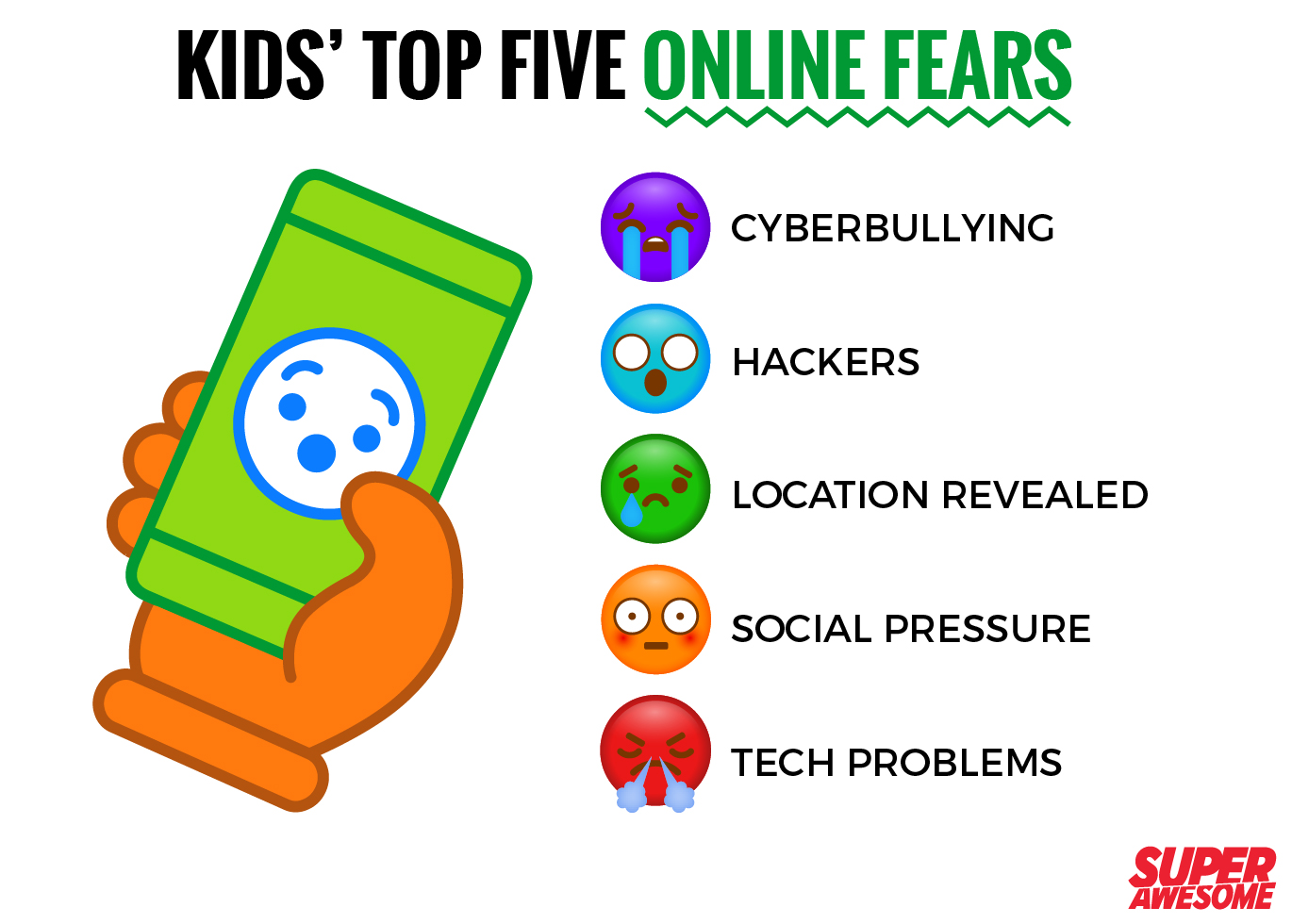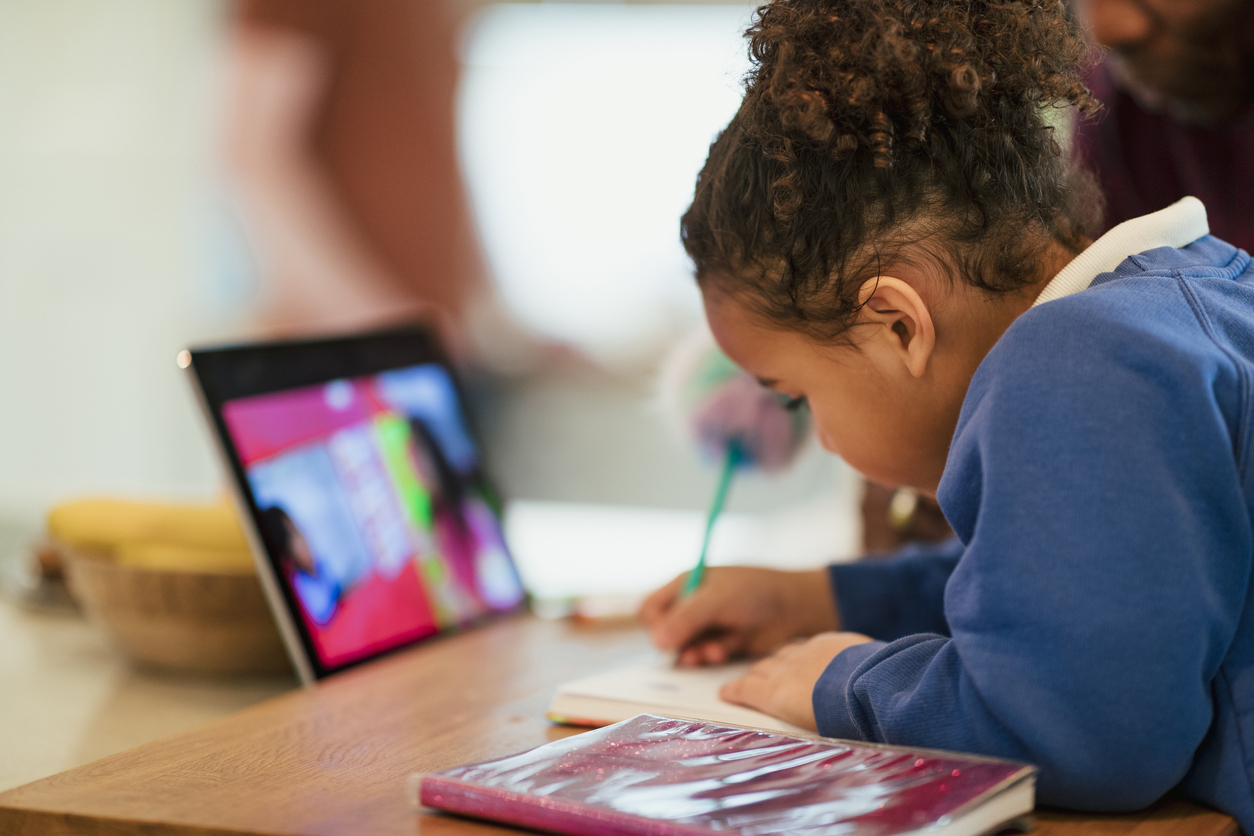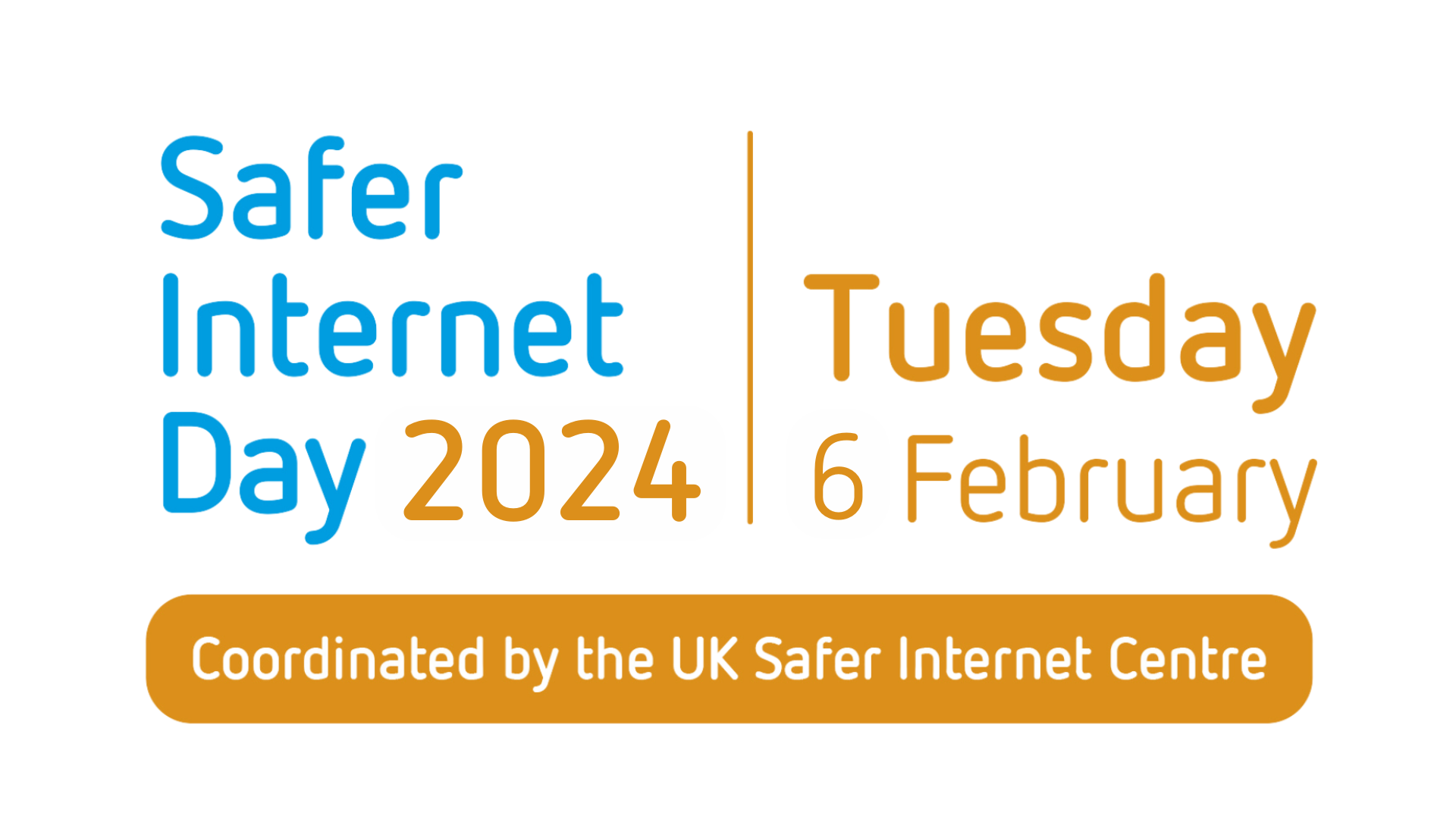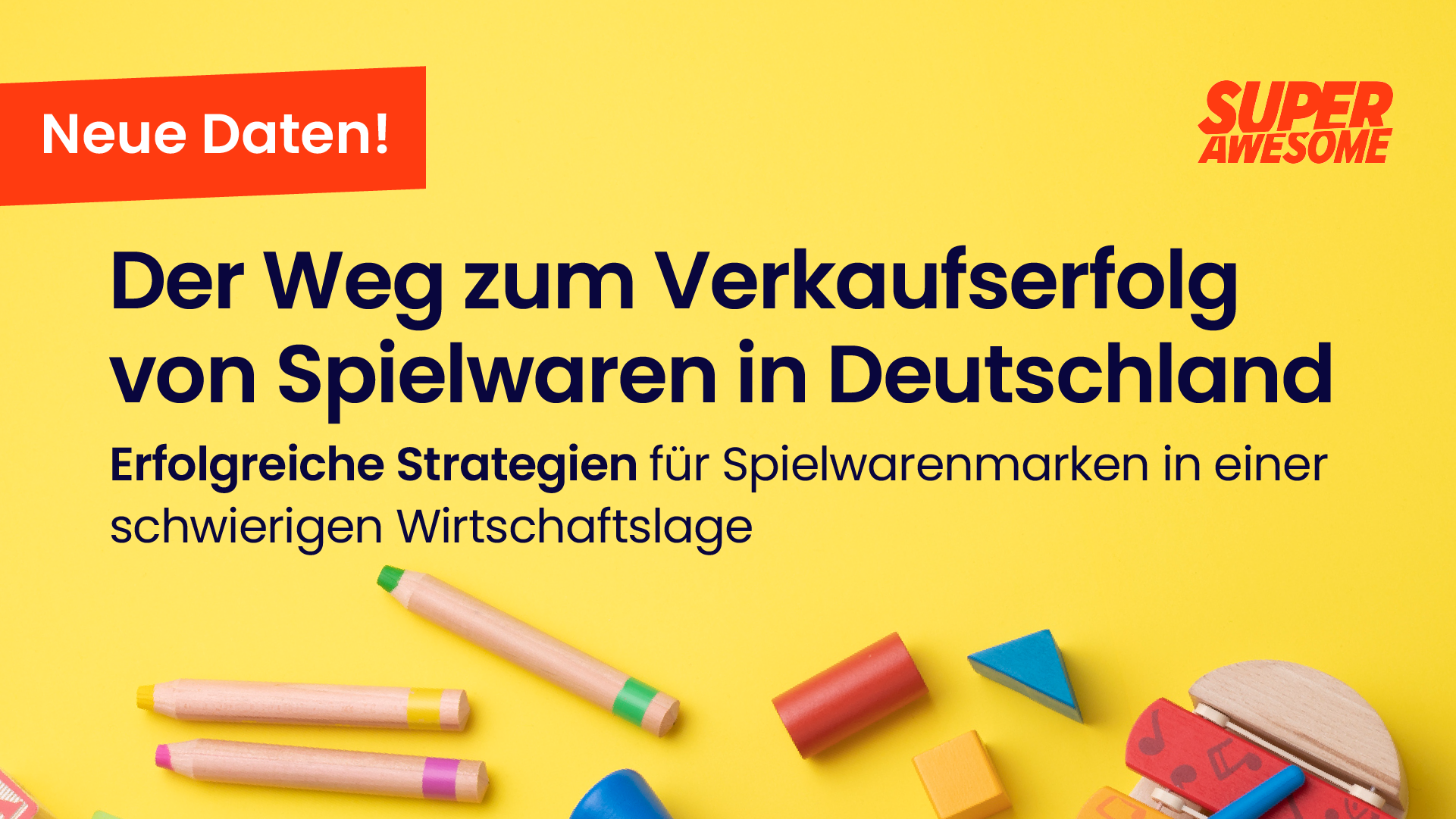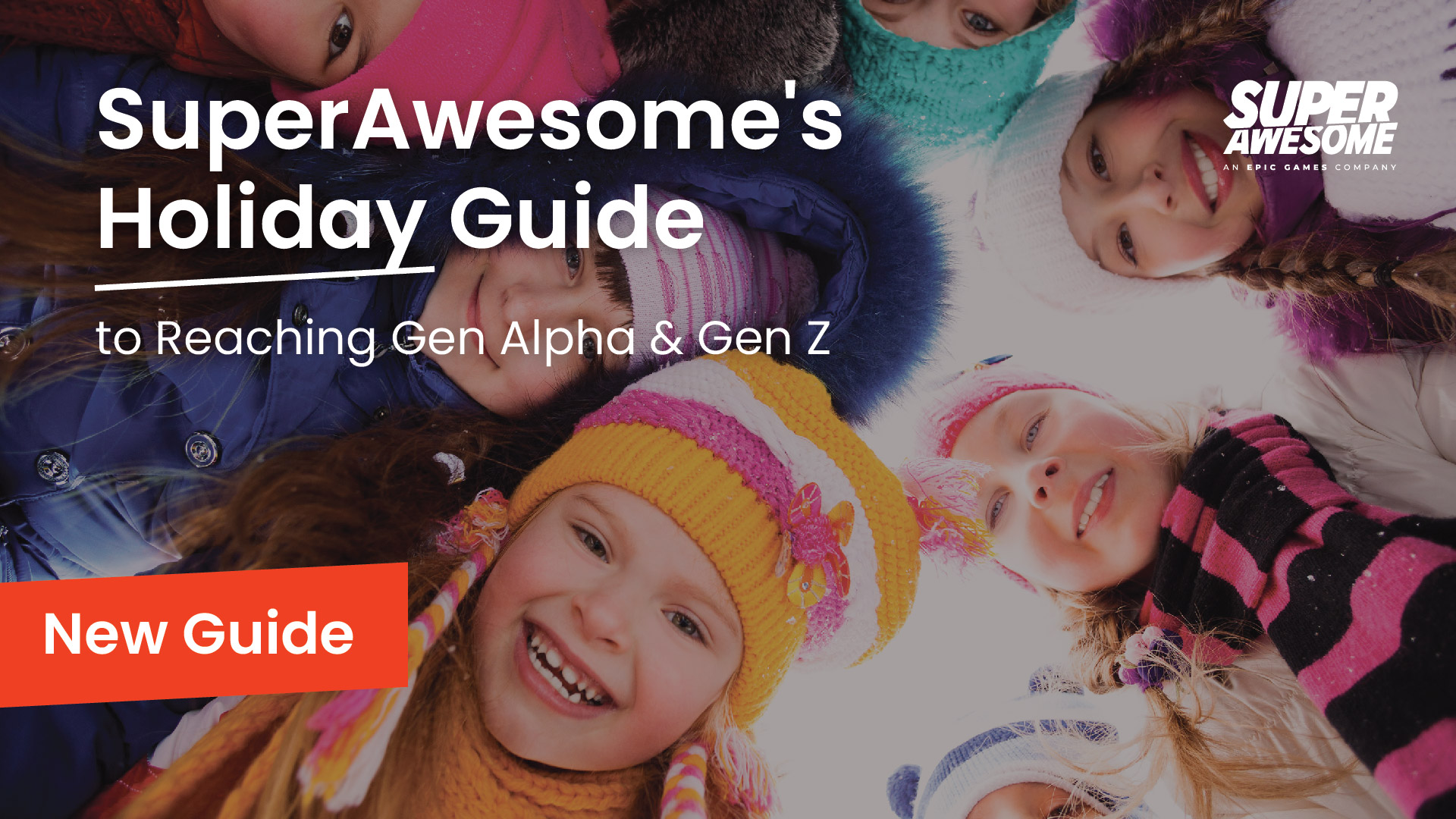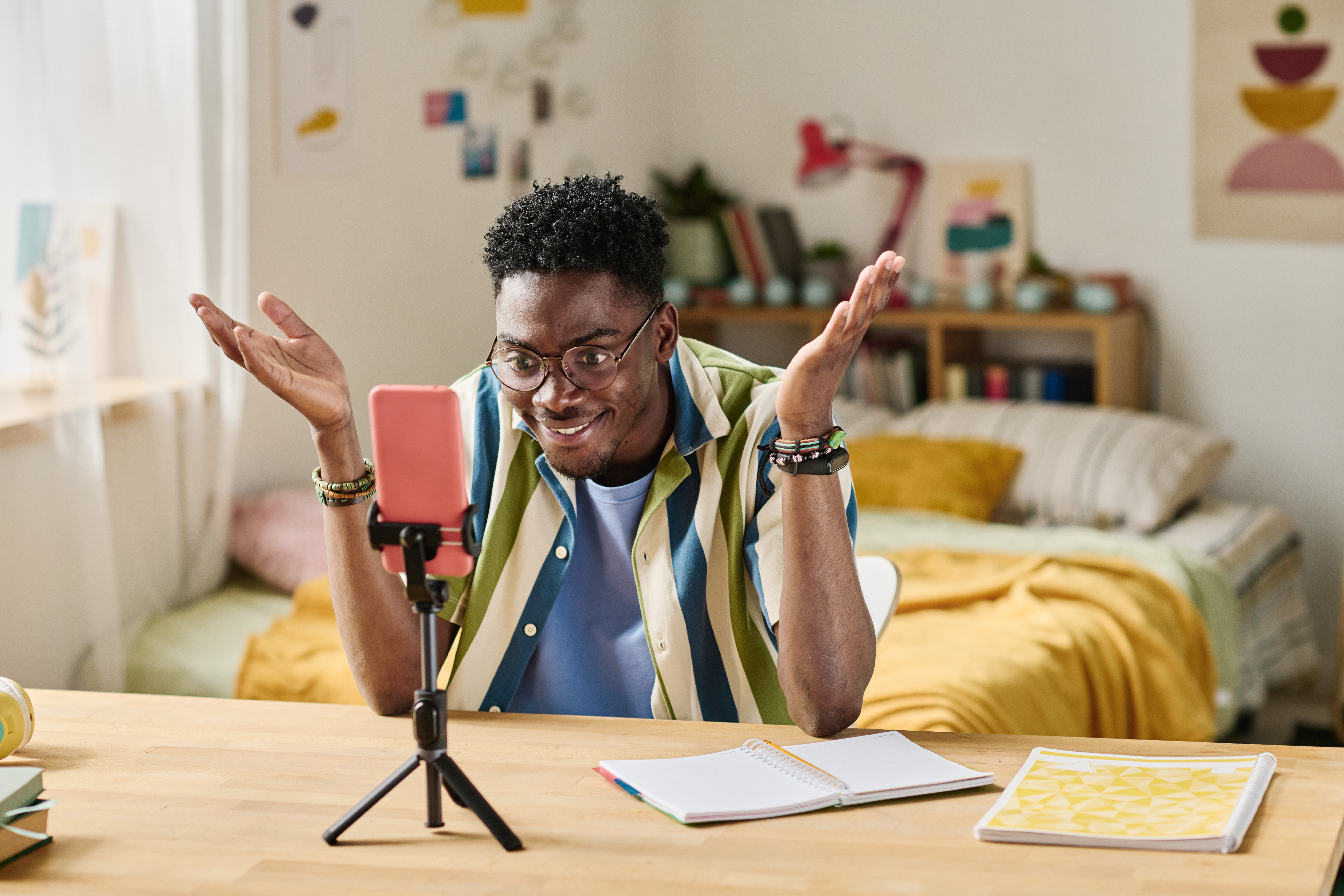On PopJam, we don’t collect data on our users. Our kid-safe content sharing platform for under 13s is fully COPPA and GDPR compliant, and we have an active and creative community who love to offer their thoughts on the digital world around them.
We started a discussion about what worries them about being online and here are their top five fears.
CYBERBULLYING
Cyberbullying is one of the biggest concerns that kids have about being online. This isn’t a surprise, as bullying is one of the biggest concerns they have about school and activities in real life. Within moderated community environments such as PopJam, bullying can be kept an eye on. We know when to step in, and our expert human moderators are able to act accordingly. We also have leading AI moderation software that filters and stops negative wording and assigns users trust scores based on their behaviour.
Not every online community is like PopJam, where potential instances of bullying are closely moderated. Kids experiencing issues on other social media platforms are unlikely to receive support unless they talk to parents or teachers.
Interested in kids trends? Every month we create a Kids Insights Report, digging into all the trends in our highly-engaged PopJam community. If you’d like to check out this month’s report, click here.
This is not a problem if a positive, open dialogue about online safety between kids and their parents or teachers has already been established. However, if this is missing, kids fear that admitting their experiences with cyberbullying to an adult could lead to something even worse – losing access to the internet or having their device taken away.
Concerns about cyberbullying aren’t limited to simply being bullied. Kids are concerned that they might see bullying. They’re also afraid that they might be accused of bullying, ruining the image they have worked to build.
HACKERS
‘Hackers’ and ‘hacked’ are buzzwords with tweens. Hackers are the bogeymen that have all access and all power; the sinister figures that lurk in the shadows of the internet and bend it to their will, Matrix-style. Some kids see something distinctly cool about this and find it fun to say they hack or have been hacked.
Glitches, viruses and passwords that don’t work are often excitedly attributed to hackers, but there is a real concern about hackers finding out who you are and where you live and what this could lead to. Kids see hacking in the news (and in films and TV) and can feel at risk. It’s a very real problem they’ve seen reported, and they worry about what would happen if they were hacked.
As well as hackers finding out where they live, kids worry about getting ‘scammed’ or ‘scammers’. Another part of this is identity theft, but with their online reputation at stake rather than money or credit. They’ve worked hard to create an account, a profile, art or a place in a community, and the idea of losing that is worrying.
THEIR LOCATION REVEALED
Privacy is of primary importance on PopJam, and we have features in place to prevent kids from revealing information about themselves by automatically hashing out words and blocking posts. Kids do naturally collaborate and occasionally attempt to share information.
Even though they commonly mention a fear of someone finding out where they live, kids don’t always make the connection between this and trying to share their information. However, they acknowledge the internet would be safer if it was ‘private’.
For kids, ‘people finding out where they live’ is often the bottom line of safety warnings or conversations about being online. It’s the extreme outcome from revealing the slightest thing to a ‘creep’ or a ‘weirdo’ on an app or website without moderation. We repeatedly communicate the importance of not sharing personal information to our users, and it’s an important part of a larger conversation with kids, schools and parents about having ownership of you. Your information. Your face. Your voice. Safety and privacy through positive empowerment.
SOCIAL PRESSURE
Kids worry about a number of online social issues that are very similar to what they face offline. Being liked, getting positive comments, being judged on appearance and being judged on their skills are a few of the concerns mentioned. Online there is an anxiety about measurable units; the number of followers they have, or the quantity of comments they receive.
Kids online are anxious about being judged by others. They worry about being perceived as fakes or bullies or being reported, blocked or banned (even by accident).
As well as worrying about their personality being judged, they worry about negative comments on their skills (jokes, art, poetry, etc). “Haters” are often mentioned by kids. Situated somewhere between trolls and bullies, haters leave their negative opinions at random, simply because they can. There are memes about ‘blocking out the haters’ and a badge of honour for those who defy negativity and stay true to themselves. But haters can upset others easily and damage their confidence.
The antidote to haters is kindness – positive messaging and support. We see this within the PopJam community, and it’s refreshing and celebrated. Kids say that being nice and kind makes the internet safer. They’re not wrong.
TECH PROBLEMS
Not all of kids’ online concerns are about actually being online, they’re also about things that stop them from going online. That might be parents that limit their online time or circumstances that keep them away from their device. They worry they might accidentally purchase something, whether that be small or very expensive.
A lot of kids mentioned practical concerns, such as broken cables, back-ups failing and no wifi. They think their experiences would be improved if they didn’t have to charge their phones and if free wifi was everywhere. They also want to have better tech – access to their own devices, the latest smartphones or at least better ones than they have now.
Kids’ online concerns range from practical to dramatic, but they’re all completely valid and worthy of investigation. Most of these concerns are shared by adults, so we need to think about how huge they are for young digital natives. We have a responsibility to make sure that we’re offering children the correct learnings, support and encouragement as we continue to build the tech that gives them a safe space online.
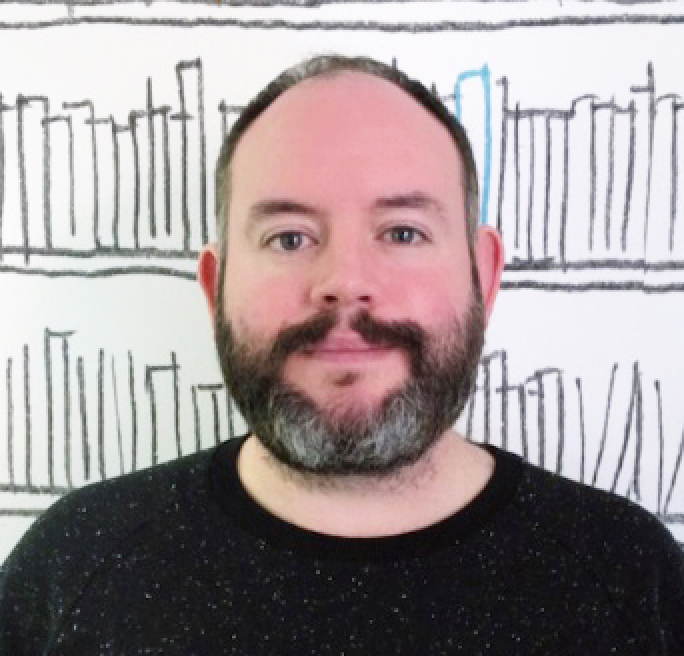
Craig Donaghy is Head of Community for PopJam, the largest kid-safe social content platform.

